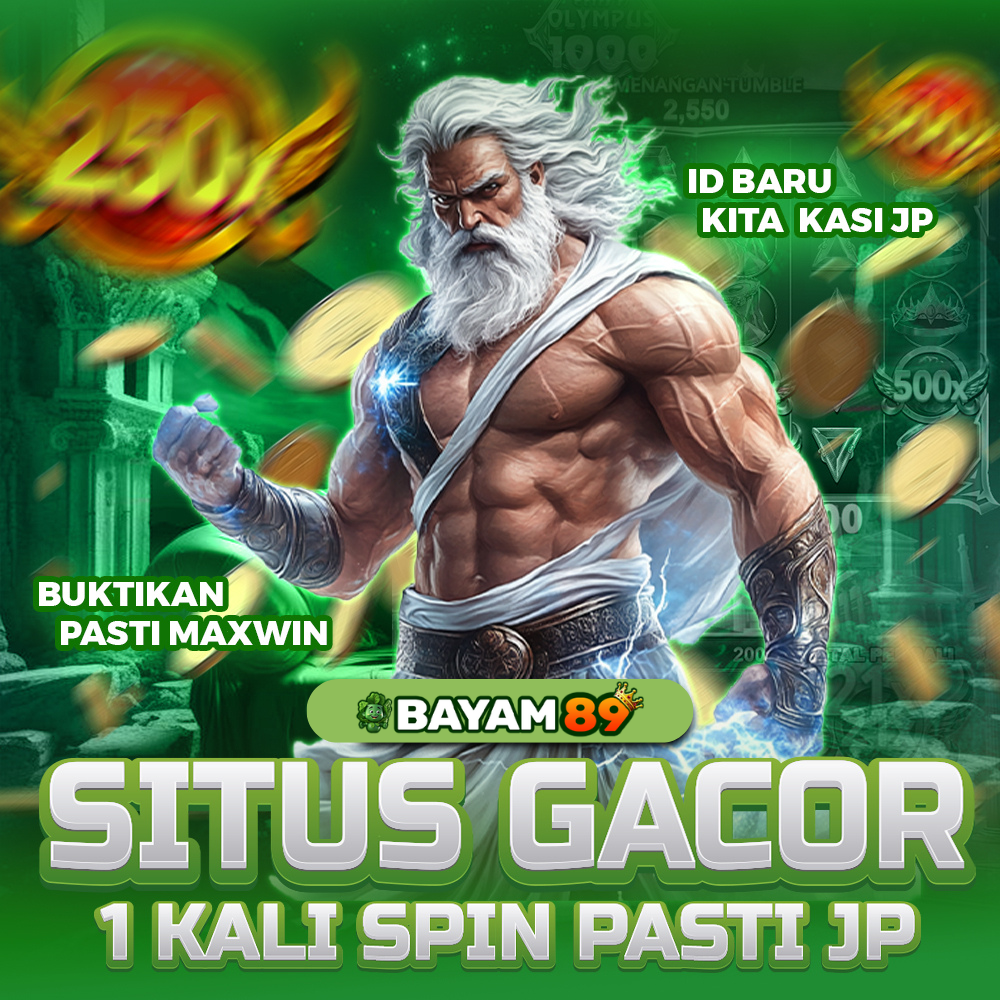Bayam89 – Link Slot Gacor Terbaru dengan Bayam89 JP Slot Online Terpercaya Eksklusif
IDR 10.000
Bayam89 menjadi pilihan utama bagi para penggemar link slot gacor yang menginginkan kenyamanan serta potensi menang tinggi. Situs Bayam89 JP Slot online terpercaya ini didukung teknologi keamanan modern, memastikan data pribadi tetap terlindungi. Antarmuka yang sederhana memudahkan navigasi, sekaligus mempercepat proses pendaftaran agar Anda dapat segera memulai petualangan bermain.
Tidak hanya menyuguhkan variasi permainan menarik, Bayam89 juga rutin menawarkan promo dan bonus bagi pemain setia. Dukungan pelanggan tersedia 24 jam, menjamin setiap kendala dapat ditangani dengan cepat. Selain itu, proses deposit dan penarikan berlangsung lancar berkat metode pembayaran beragam.
Bagi yang ingin merasakan kemudahan meraih JP Slot online, kunjungi Bayam89 dan rasakan sendiri keseruannya. Dengan link slot gacor, kesempatan meraih jackpot semakin terbuka lebar, menjadikan pengalaman bermain Anda kian menguntungkan!
Quantity:
 "
alt="BAYAM89" style="display:block" fetchpriority="high" loading="eager" decoding="async"
data-loader="raw">
"
alt="BAYAM89" style="display:block" fetchpriority="high" loading="eager" decoding="async"
data-loader="raw">
